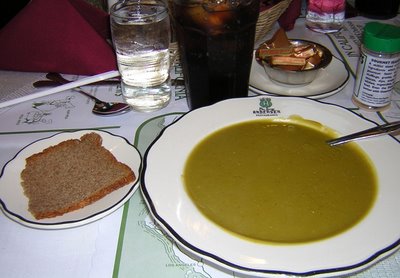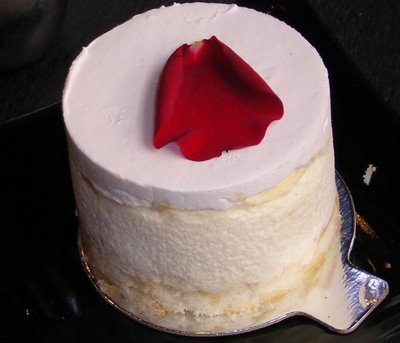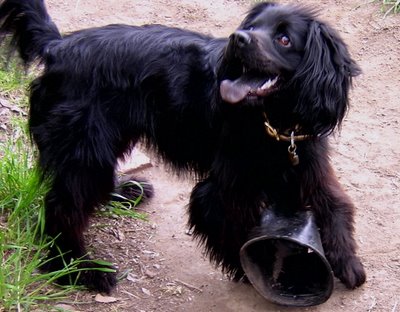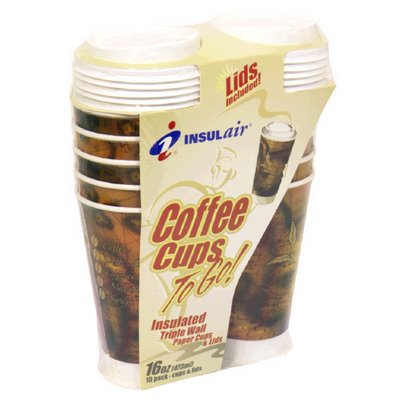scout says “nope” to dope
I have a confession to make. I find this very, very sexy:

I’ll surrender my lesbian card to the proper authorities if such lust sullies my integrity, but I can’t help myself.
The Tour de France begins tomorrow. Yay! And also, boo!
A doping scandal implicating a Spanish doctor and several superstar cyclists has cast a pall over pro cycling on the eve of its signature event. Incredibly, not one of the three riders who stood atop the podium at the conclusion of the 2005 Tour will race this year. Lance retired, and the second- and third-place finishers, Ivan Basso and Jan Ullrich, respectively, were implicated in the doping dragnet. Just last month the thoroughly adorable and charming Basso won the Giro d’Italia, arguably the second-most important grand tour on the circuit. He dedicated his win, now tainted, to his recently deceased mother.
I understand the desire to take performance-enhancing drugs. Pro cycling is a brutal sport that requires long hours in the saddle and, as a result, a massively high pain threshold. The average person may be able to fold himself into the classic racing crouch, but holding it for five hours while pedaling at an average speed of 30 mph? That takes a special kind of determination and training. Your classic performance enhancers don’t so much give you a leg up on race day as they allow you to train longer and harder with less pain—they make you superhuman.
There are days on my bike when I feel bionic, and it’s an amazing feeling, like I could ride straight up a mountain and dance around on top. But most days I feel very, very human, with all the pain that entails. And it’s that essential humanness that makes us look upon professional athletes with awe, even idolatry. They seem heroic because they show us what the human body is capable of when pushed to its very limit, which is why it can be utterly heartbreaking to discover they weren’t so very human after all.
Cyclists who don’t use performance enhancers are harmed threefold: They’ve been denied an even playing field in past races by any number of dopers; every cyclist implicated for drug use casts doubt on the integrity of every other cyclist; and to further the insult, the eventual 2006 winner, a man who will have spent about 85 hours in the saddle to ride 2,261 miles over the course of 20 race days, will have a win with a mental asterisk denoting that he didn’t face the “real” competition—never mind that those guys cheated their way to past wins. And in a devastating turn, at least one leading contender who is innocent of drug use won’t be riding in the Tour because of the scandal: Alexandre Vinokourov won’t be allowed to compete because so many other riders on his team have been disqualified they don’t have enough men to field a regulation squad.
I’ll still be watching the TdF, mind you, and there are still plenty of well-toned calves that haven’t been disqualified to keep me happy, but the Tour is tainted for fans as well as riders. We’re so utterly human, and we thrive on success stories because they illustrate the art of the possible. But for heroes we’d best look to ourselves. Even if our “possible” doesn’t take us high into the Alps or sprinting through throngs of adoring fans, at least we know our victories are real.
*The calves featured in this entry belong to Levi Leipheimer and are in no way implicated in the doping scandal.

I’ll surrender my lesbian card to the proper authorities if such lust sullies my integrity, but I can’t help myself.
The Tour de France begins tomorrow. Yay! And also, boo!
A doping scandal implicating a Spanish doctor and several superstar cyclists has cast a pall over pro cycling on the eve of its signature event. Incredibly, not one of the three riders who stood atop the podium at the conclusion of the 2005 Tour will race this year. Lance retired, and the second- and third-place finishers, Ivan Basso and Jan Ullrich, respectively, were implicated in the doping dragnet. Just last month the thoroughly adorable and charming Basso won the Giro d’Italia, arguably the second-most important grand tour on the circuit. He dedicated his win, now tainted, to his recently deceased mother.
I understand the desire to take performance-enhancing drugs. Pro cycling is a brutal sport that requires long hours in the saddle and, as a result, a massively high pain threshold. The average person may be able to fold himself into the classic racing crouch, but holding it for five hours while pedaling at an average speed of 30 mph? That takes a special kind of determination and training. Your classic performance enhancers don’t so much give you a leg up on race day as they allow you to train longer and harder with less pain—they make you superhuman.
There are days on my bike when I feel bionic, and it’s an amazing feeling, like I could ride straight up a mountain and dance around on top. But most days I feel very, very human, with all the pain that entails. And it’s that essential humanness that makes us look upon professional athletes with awe, even idolatry. They seem heroic because they show us what the human body is capable of when pushed to its very limit, which is why it can be utterly heartbreaking to discover they weren’t so very human after all.
Cyclists who don’t use performance enhancers are harmed threefold: They’ve been denied an even playing field in past races by any number of dopers; every cyclist implicated for drug use casts doubt on the integrity of every other cyclist; and to further the insult, the eventual 2006 winner, a man who will have spent about 85 hours in the saddle to ride 2,261 miles over the course of 20 race days, will have a win with a mental asterisk denoting that he didn’t face the “real” competition—never mind that those guys cheated their way to past wins. And in a devastating turn, at least one leading contender who is innocent of drug use won’t be riding in the Tour because of the scandal: Alexandre Vinokourov won’t be allowed to compete because so many other riders on his team have been disqualified they don’t have enough men to field a regulation squad.
I’ll still be watching the TdF, mind you, and there are still plenty of well-toned calves that haven’t been disqualified to keep me happy, but the Tour is tainted for fans as well as riders. We’re so utterly human, and we thrive on success stories because they illustrate the art of the possible. But for heroes we’d best look to ourselves. Even if our “possible” doesn’t take us high into the Alps or sprinting through throngs of adoring fans, at least we know our victories are real.
*The calves featured in this entry belong to Levi Leipheimer and are in no way implicated in the doping scandal.











